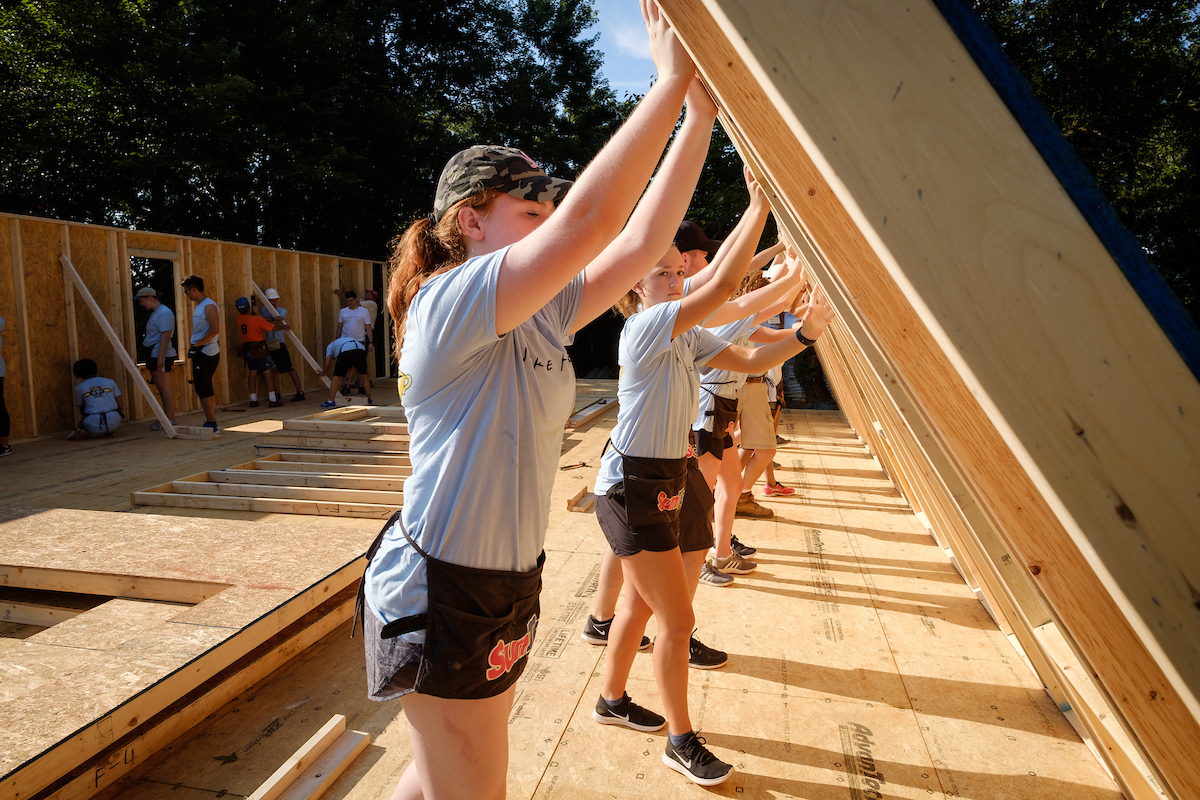Gap Year

What is a Gap Year?
A gap year is a short-term opportunity for graduates who have not yet decided upon a career, want to do something for a year or two before going to graduate school or starting a career, or simply want to take time off to explore opportunities that the world has to offer. Gap years may be as short as a few months or as long as several years.
Some examples of gap year opportunities include: volunteering, acquiring an internship or fellowship, traveling, teaching, enrolling in a publishing or business institute or advertising portfolio program, working for a temporary agency, working on a ranch or cruise ship, or joining the military.
Why Take a Gap Year?
Gap years can be a great way to enhance your resume, gain experience, increase your marketability, and develop new skills. Gap years are also a good time to do something fun or rewarding like travel or volunteer work without having to worry about financial or relationship obligations you might have later.
A Gap Year Before Med School
Many medical schools (as well as other health care programs) encourage prospective students to take a year or more off before medical school. During this time, prospective students can gain more experience to improve their applications as well as make sure a career in medicine is the right path. Physician assistants programs usually require 1,000 hours of clinical experience before PA school, which makes taking a year off to complete those hours a necessity. Here are some suggestions of constructive ways to spend a gap year:
Postbaccalaureate Premedical Programs
Postbaccalaureate premedical programs assist people interested in pursuing a medical career after they have received a bachelor’s degree. Some programs are designed for people who have been working a while and want to change careers. Others are for people who have been on the premed track but either need to take prerequisite courses, get research experience, or retake classes to improve their academic record and/or GPA. For a list of postbac programs, click here.
Clinical Experience
Volunteering in a medical setting is great experience, but there are many limitations on how directly volunteers can interact with patients. Getting a certification as an assistant in the medical field (usually from a community college) enables prospective medical professionals to get more hands-on experience with patients. The most common programs are:
- Certified Nursing Assistant (CNA): To become a CNA you may take a course at a community college.
- Emergency Medical Technician (EMT)
- PT Tech/Rehab Tech (certification usually not required)
- Medical Scribe
Research Experience
Here are a few examples of places that offer research experience:
- National Institutes of Health (NIH)
- Oak Ridge Associated Universities
- Wake Forest Research Fellowship Program
- Research Gate
- New Scientist Jobs
- Handshake
- Hospitals, pharmaceutical companies
Other Altruistic/Helping Professions Experiences
- Teaching in a private school
- Teaching in a public school via lateral entry
- Teach for America or similar programs
- AmeriCorps
- Peace Corps
- International medical volunteer/missions, such as Doctors without Borders, International Service Learning, Projects Abroad and Unite for Sight, ISA-ELAP
- Healthcorps
- MedServe
